Black Her-story Month: Women leading in their communities and our world
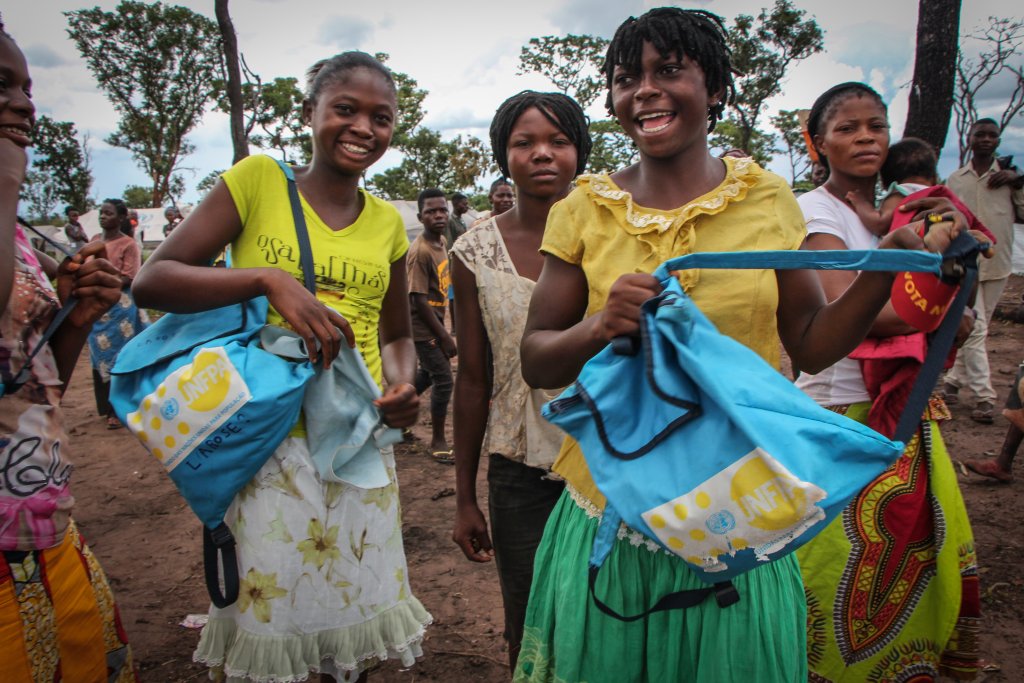
Black History Month is a time of remembrance, celebration, and recognition for all that Black people have accomplished and suffered throughout history. We cannot speak of the contributions of Martin Luther King Jr., Sojourner Truth, Jackie Robinson, Rosa Parks, Barak Obama, or countless others, without contextualizing their experience in the discrimination, violence, and oppression they faced.
Still today, the legacy of colonization and enslavement affects Black people everywhere. Yet, despite the immense obstacles, Black leaders have emerged in every sector of society. In the sexual and reproductive health and rights space, Black women have been leading the way toward more inclusive and community-based approaches to health care. Keep reading to learn about the Black women leading their communities and their world to a safer, healthier place.
Adouia lights up her community in Chad
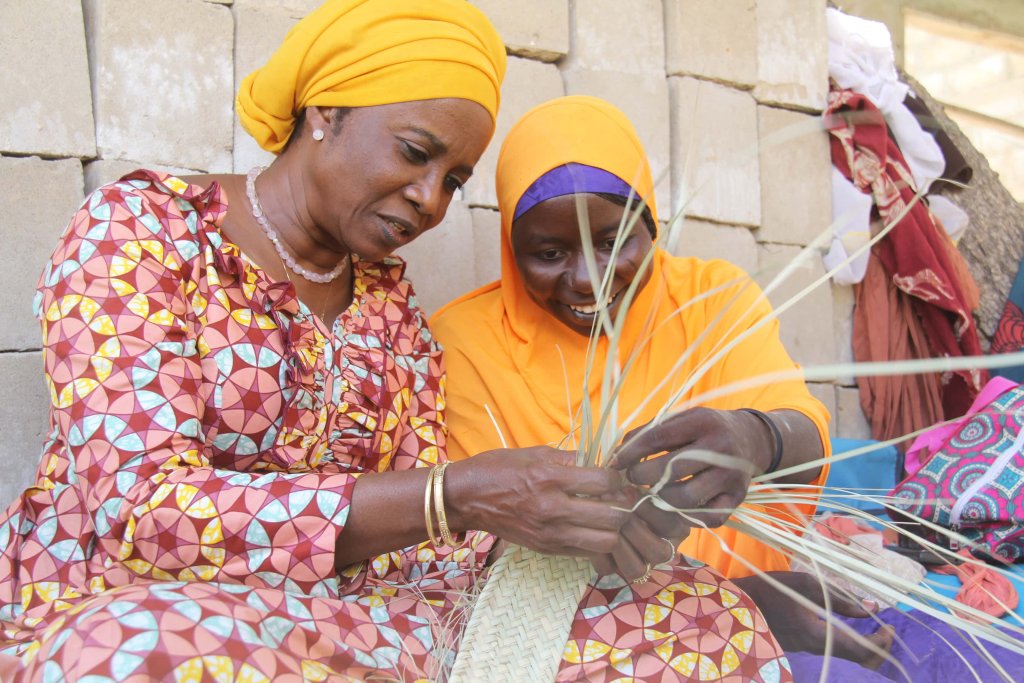
Adouia was only 13 years old when she became a child bride. As she explains, “At first, they let me continue going to school. Then I gave birth to my first two children…I had to drop out of school so that I could take care of my home and my children.” Today, Adouia has eight children.
Child brides and young mothers like Adouia are less likely to complete their education. They are also more likely to experience intimate partner violence. Because they lack income-generating skills, women in these relationships are often dependent on their husbands.
However, Adouia and nearly 154,000 other women in the Sahel region have been able to participate in professional skills programs. Adouia learned how to install solar panels to supply affordable electricity to her community. She now has an electrician business that she runs with other women in her community. Through her work, children in her community have better access to educational tools.
Yimene protects her Garifuna community from COVID-19
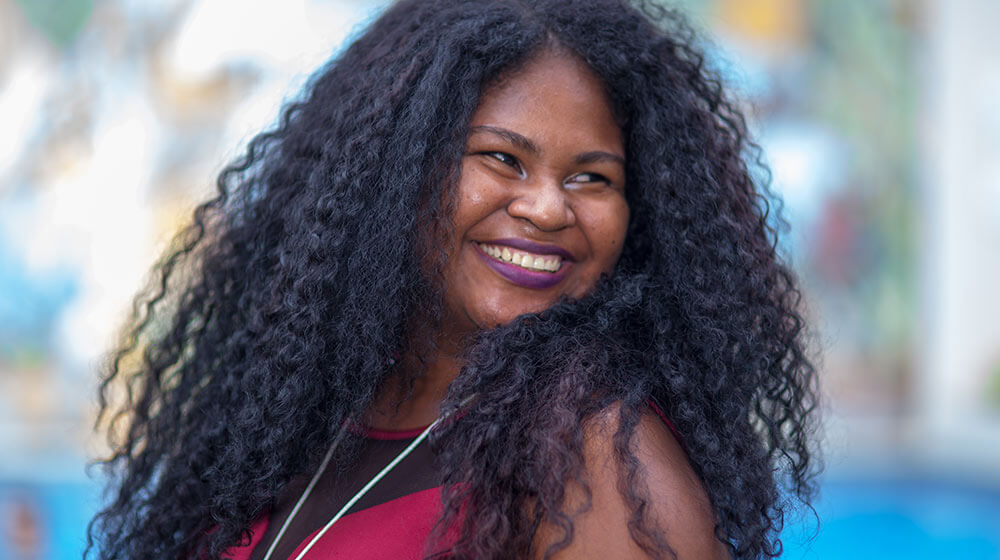
Yimene is part of the Indigenous and Afro-descendent Garifuna community that lives along the coast in Honduras. The Garifuna count themselves among the 130 million Afro-descendent people in Latin America. Historically, Afro-Latinx people have faced racial discrimination, poverty, and limited access to health care.
Yimene is working to overcome these disparities. As head of the Organization for Ethnic Development, she works with UNFPA to distribute information on infection prevention and Indigenous rights in several languages. Yimene’s community also uses traditional Garifuna medicine and foods and cloth masks to stay healthy. The Garifuna are negotiating with the government for additional support.
Her work is especially important as the COVID-19 outbreak in Honduras has been concentrated in the region where the Garifuna live. The pandemic has exacerbated already unacceptable health and income inequalities.
Chief Mwanza keeps girls in school – and out of marriage
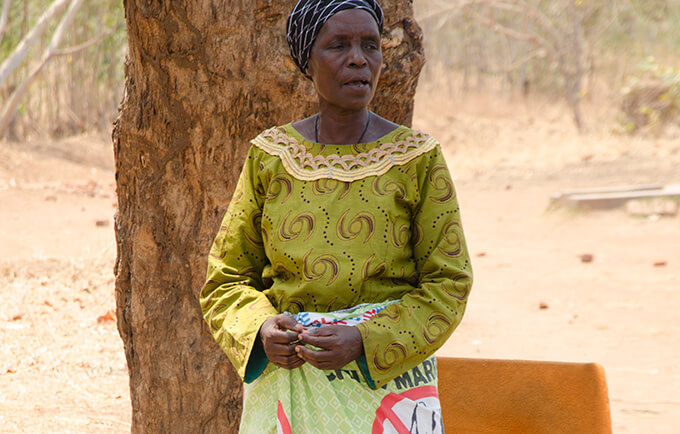
In Malawi, nearly half of all women are married as girls, including one woman working to end this harmful practice. Chief Mwanza had wanted to finish her education, but instead she was married off at 14 years old.
When she became one of a handful of women tribal leaders, she banned child marriage and sexual initiation practices. Sexual initiation practices force girls into unwanted sex and increase the risk of unintended pregnancy or infections like HIV. Because of Chief Mwanza’s actions, thousands of girls have returned to school after experiencing child marriage and motherhood.
Now, she asks for other tribal leaders to stand with her to protect women and girls from violence, “Colleagues surrounding me are not [at the] forefront to fight these practices, and [this] makes it easier for perpetrators to run [away] or relocate to a nearby village that is outside my jurisdiction.”
Angelina prevents mothers from dying in childbirth
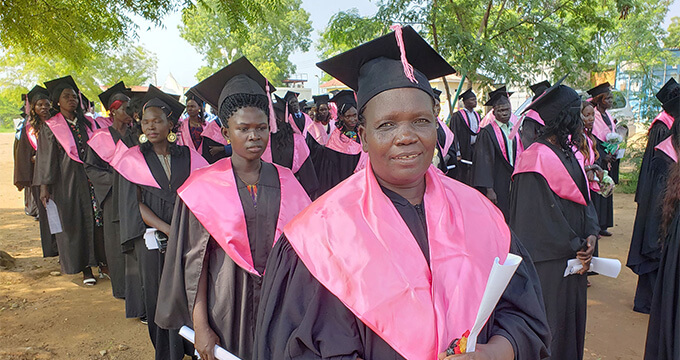
Angelina has had a lifetime of challenges. When conflict broke out between Sudan and South Sudan, Angelina and her family spent some time as refugees. When she was able to return home, Angelina became a community health care worker. However, even with her experience, illness was rampant and supplies were limited. Tragically, her husband and 3 of her 4 children died.
To prevent other families from facing the same loss, Angelina became a midwife through a UNFPA program at age 47. She is helping to meet a critical need for reproductive health care. 1 in 26 women in South Sudan die from pregnancy and childbirth complications. Many of their deaths are preventable with adequate health care. But as recently as ten years ago, there were only 10 midwives in the whole country. Now, Angelina is one of hundreds of midwives serving communities across South Sudan.
Sojourner Truth stood up to racial and gender discrimination
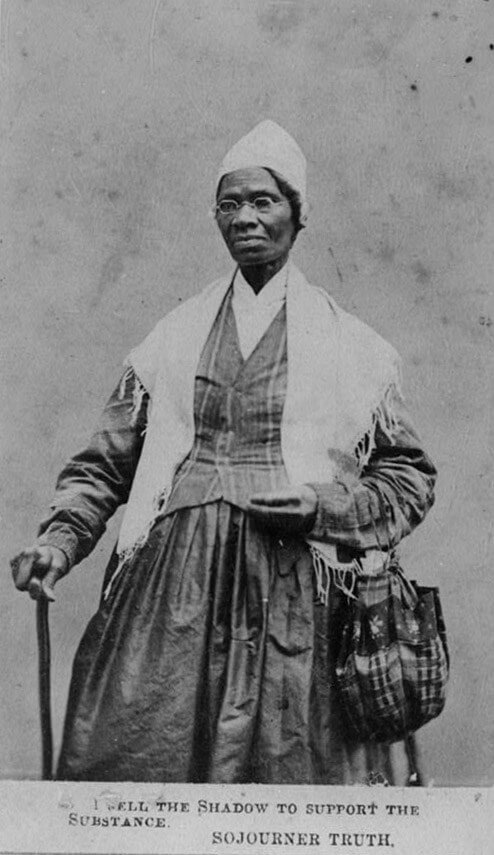
Sojourner Truth was born into slavery in New York. She experienced violence, was forced to marry, and saw herself and her children bought and sold several times. Truth escaped slavery with her infant daughter and became involved in religious revivalism. As a powerful public speaker, she advocated for women’s rights and an end to slavery. In her most famous speech, “Ain’t I a Woman?” she questions why some perceive her womanhood as less because she is Black and why others perceive her Blackness as less because of her womanhood.
Truth’s refusal to choose between advocating for racial equality or for gender equality set her apart from other notable activists at the time, like Frederick Douglass. She spoke about intersectionality nearly two centuries before the word was coined. Today, the theory that Truth anticipated and that Kimberle Crenshaw created is used to analyze health, income, education and other disparities for women of color and others facing multiple forms of oppression.
Joyce Banda made childbirth safer
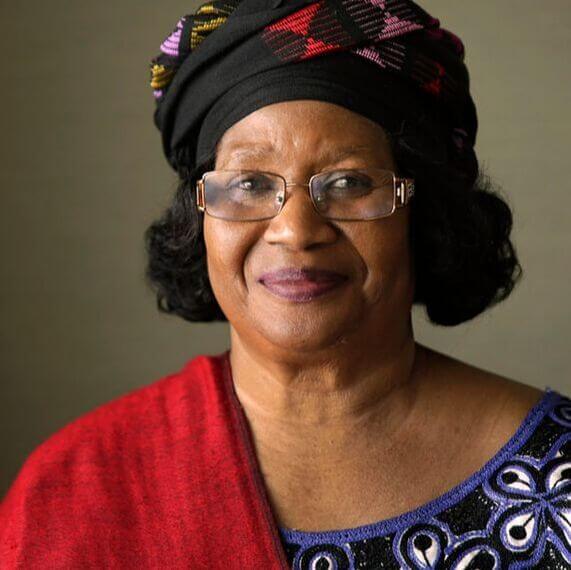
When Joyce Banda became the first woman to be president of Malawi in 2012, she also became the second woman to be president on the African continent. The first, Ellen Johnson Sirleaf, was president of Liberia from 2006 to 2018.
Banda was committed to making childbirth safer. During her two years as president, maternal deaths dropped by nearly a third. She was also committed to LGBTQI rights and pushed Malawi to legalize same-sex activities. If she had been successful, Malawi would have been the second African country to do so. Finally, Banda donated 30% of the proceeds from the sale of a jet to support people with disabilities in Malawi.
Since 2010, her foundation, Joyce Banda Foundation International, has worked to end domestic violence, support women through education and business skills training, raise awareness of HIV/AIDS, and other initiatives. Also in 2010, Banda became a member of the Global Leaders Council for Reproductive Health. This group of former heads of state works to realize universal access to reproductive health. Her work has made a generation of Malawian women healthier, safer, and better able to realize their full potential.
Loretta Ross expands the definition of reproductive health
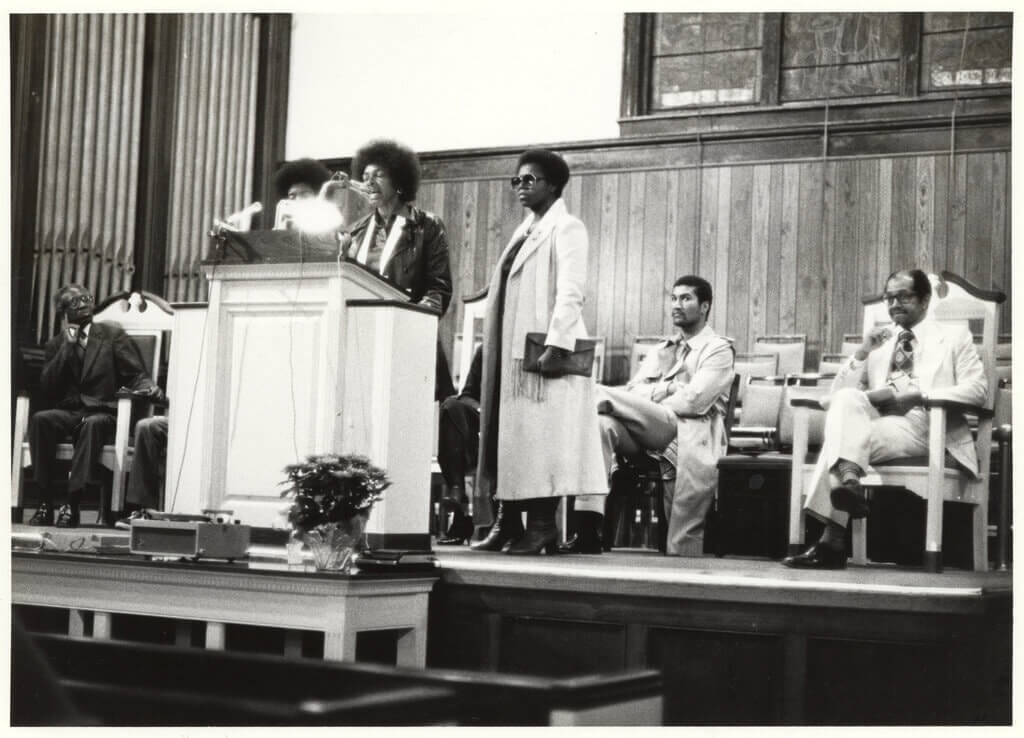
Credit: Sophia Smith Collection of Women’s History, Smith College Special Collections
Loretta Ross is a radical feminist and activist who, along with 11 others, coined the term reproductive justice, a mix of the words reproductive health and social justice. It aims to expand what we think of as reproductive health care to include the right to be free from coercive family planning programs and the ability to raise those children in a safe environment. To Ross, reproductive justice means freedom from racism, access to safe and affordable housing, access to affordable daycare, access to high quality education, limited interaction with the criminal justice system, and access to health care. Having experienced sexual assault and motherhood as an adolescent, having control over one’s body is especially important to Ross.
Reproductive justice puts women first, where they are able to freely decide what is right for their bodies, their families, and themselves. Ross co-founded SisterSong, an organization that supports reproductive health initiatives for women of color in the American South. UNFPA also works within a reproductive justice framework to ensure that every woman and girls has the lifesaving sexual and reproductive health care she needs, no matter what.
Dr. Natalia Kanem ensures that women and girls everywhere reach their fullest potential
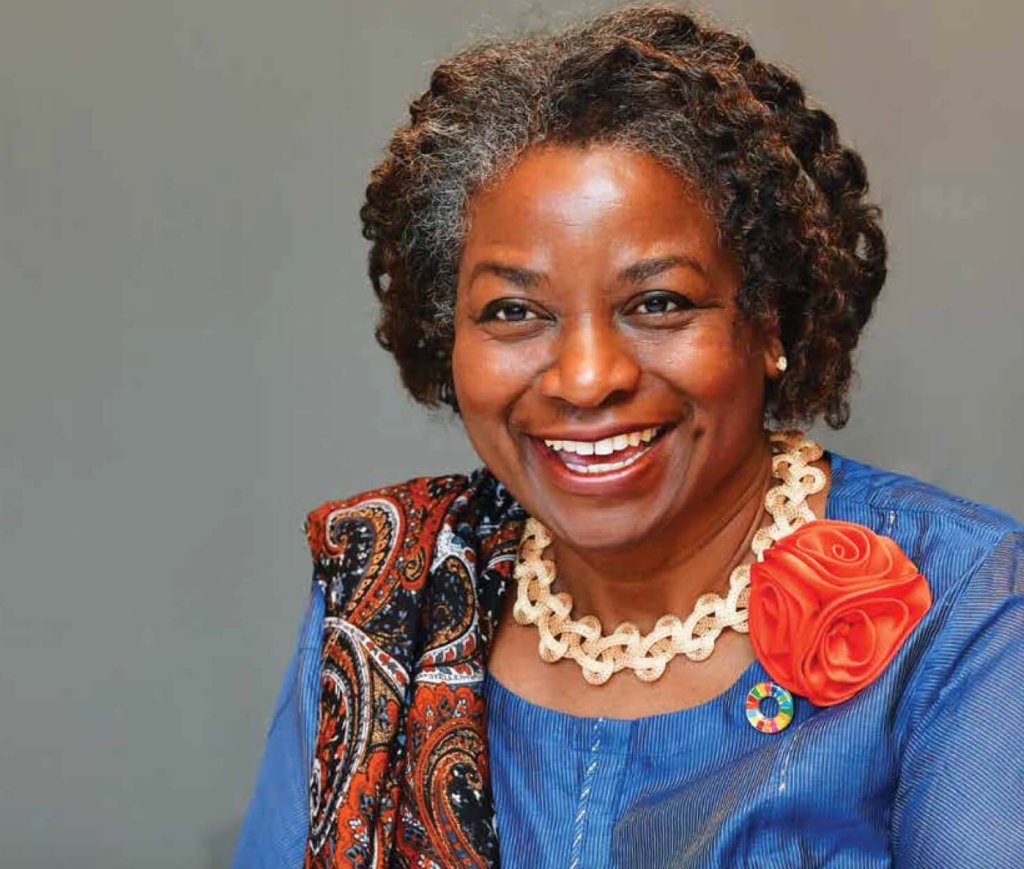
Now, Dr. Natalia Kanem is the Executive Director of UNFPA, but she has been a lifelong advocate of sexual and reproductive health and rights. She is the first Latin American and Black woman to lead UNFPA. She is also one of the most powerful women at the United Nations. Dr. Kanem has brought special attention to the sexual and reproductive health and rights of Afro-descendent women.
She has spent over three decades working in sexual and reproductive health in places like West Africa, the Trinidad and Tobago, and Tanzania. Today, Dr. Kanem is pushing toward three transformational goals: an to end preventable maternal deaths, an end to the unmet need for family planning, and an end to violence against women and girls.
Each of these women has made a change in her community by promoting the health and dignity of those facing oppression. They fought back against the legacy of colonialism and enslavement and have instead led the way to a more inclusive and equitable world. Their work, and now our work too, will not be over until we realize the value and humanity of every person.
-Dana Kirkegaard